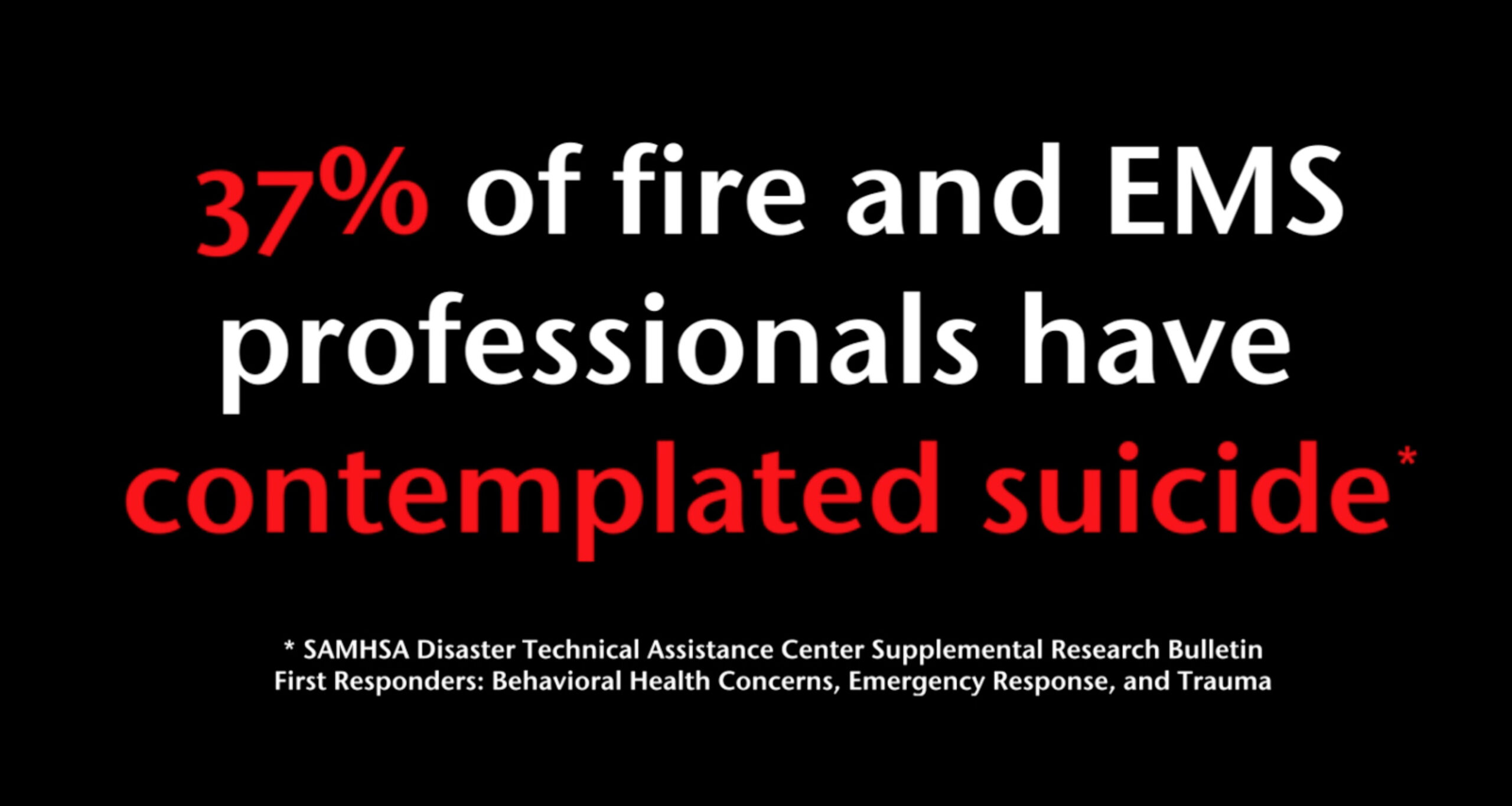ABOUT THE FILM
LOGLINE
First Responders sign up to serve; they risk their lives and their mental health to respond to someone’s worst day. Who will rescue them?
DESCRIPTION
PTSD911 is a powerful and eye-opening documentary that confronts the mental health crisis facing America’s first responders, including 9-1-1 dispatchers, firefighters, paramedics, and law enforcement officers. Directed by Conrad Weaver, the film sheds light on the unseen emotional toll that these professionals endure due to daily exposure to trauma and high-stress situations. By giving voice to their struggles with post-traumatic stress disorder (PTSD), PTSD911 seeks to raise awareness, educate audiences, and drive change in how society supports the mental health of first responders.
The film follows the lives of several first responders who have experienced PTSD firsthand. Through raw, intimate interviews and compelling storytelling, PTSD911 captures their journeys from initial trauma to the challenges of seeking support and healing. Their stories reveal the psychological scars they carry and the barriers they face from their own agencies when trying to access mental health care. As they share their paths toward resilience and recovery, PTSD911 aims to reduce the stigma surrounding mental health issues and foster open dialogue within the first responder community and beyond.
Adding depth and insight, PTSD911 includes commentary from mental health experts who discuss the effects of PTSD on the brain, life, and family dynamics of those affected. These experts explain how the brain’s constant exposure to stress alters emotional responses and cognitive functioning, leaving lasting effects on mental health. They also highlight how untreated trauma impacts not only first responders but also their families, straining relationships and affecting loved ones who often bear witness to these invisible wounds. The inclusion of these professional perspectives helps viewers understand the biological and emotional complexities of PTSD, underscoring the urgency for more effective mental health support systems.
The documentary goes beyond individual stories to showcase exemplary first responder agencies that have cultivated a culture of wellness, prioritizing mental health as an integral part of their mission. By sharing these case studies, PTSD911 highlights how agencies build supportive environments through peer support networks, resilience training, and accessible mental health resources. These examples offer a blueprint for fostering a workplace where open dialogue, proactive care, and team resilience are foundational, creating a supportive and mentally healthy environment for all.
Ultimately, PTSD911 is a call to action, advocating for a future where mental health care is accessible and destigmatized across emergency services. The film serves as both a tribute to the strength and sacrifice of first responders and an urgent appeal for systemic change, inspiring individuals, communities, and policymakers to take an active role in supporting the mental well-being of those who serve and protect. PTSD911 ends with a resounding message of hope, reminding viewers that help is available, recovery is possible, and no one has to face these challenges alone.

GOALS FOR THE FILM
1. Raise Awareness – We must help the general population understand the issue. Most civilians don’t know or understand the issue of post traumatic stress in first responders. The average citizen does not understand the depth of this issue, and they need to know. The goal is to educate the viewer and stimulate change in people’s behavior and attitudes toward our nation’s first responders. The producers feel first responders are heroes who not only deserve applause, but also deserve to have access to the support networks that can help mitigate ongoing stress that trauma can bring. The initiative is to help people understand the urgency of this situation, and motivate individuals, organizations, and communities to be proactive in providing support and resources to help all first responders work and live a healthy and productive life both in their professional and personal lives.
2. End the Stigma – To help first responders realize it’s okay to ask for help. The case studies featured in the film will depict individuals and agencies who are helping their members realize it it ok to raise one’s hand and ask for help. The producer’s goal is to make it ok to not be ok and to ask for help.
3. Inspire Systemic Change – No one should get fired just because they are struggling with the traumas they have faced, and have asked for help. The filmmakers want agency leaders to learn how they can implement healthy changes and training within their departments so their members get the mental health help they need and can continue to be productive in their public service to our communities.